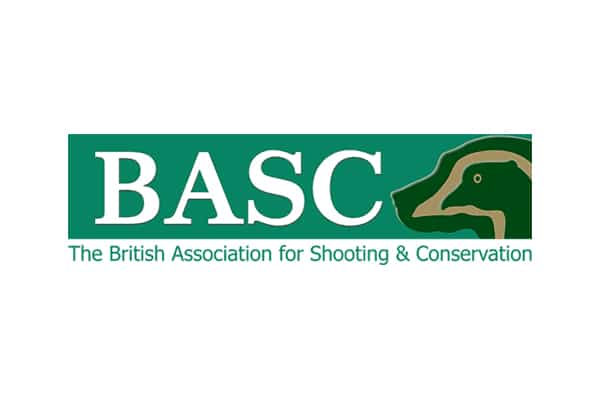
BASC Central and Belper Young Farmers Club on all things shooting
Share on facebook Share on twitter Share on email
Get information on the legal shooting season for mammals and birds in the UK.
Apply for funding for your project or make a donation today
Comprehensive information and advice from our specialist firearms team.
Everything you need to know about shotgun, rifle and airgun ammunition.
Find our up-to-date information, advice and links to government resources.
Everything you need to know on firearms law and licensing.
All the latest news and advice on general licences and how they affect you.
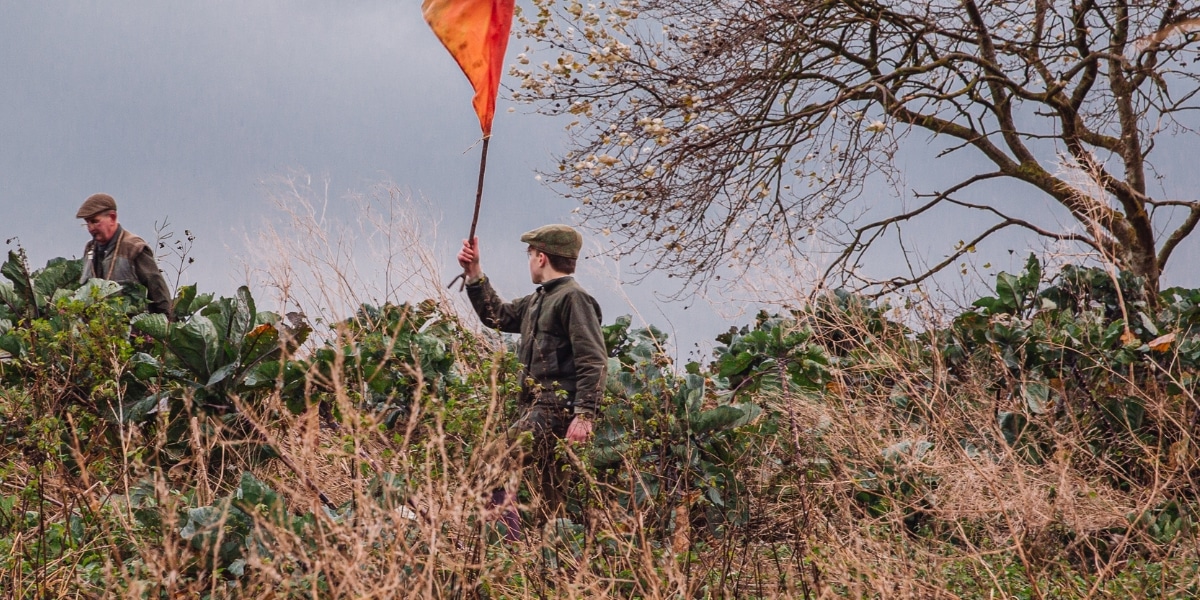
One of BASC’s core aims is to encourage the next generation to become involved with shooting and conservation. Curtis Mossop discusses recent progress and issues a call to arms for your support to reach the next step on the ladder.
Labrador or spaniel, 6.5mm or .308, traditional tweed or technical fabric… there is a host of topics which attract a profound difference in people’s opinions within the shooting community. And yet, the one thing which attracts a unanimous response is the desire to encourage young people to get involved and for them to understand what role shooting plays in the management of our countryside.
Over the past few years, BASC has accelerated our educational engagement to levels which are unrivalled in our sector. The scope of what we deliver, the audience demographic and numbers we engage with have all increased dramatically.
At the beginning of 2022, we created ‘BASC to School’ to establish a mechanism of capturing and measuring our educational engagement. Within two years our total interaction had reached 76,917 young people. By the end of this year, we are projecting that figure will have exceeded 120,000, and this excludes the thousands of youngsters we see at events such as county shows, The Game Fair and the National Shooting Show. To give you an example, at last week’s National Shooting Show alone we had 87 children building bird boxes on the BASC stand, which they later took home with them.
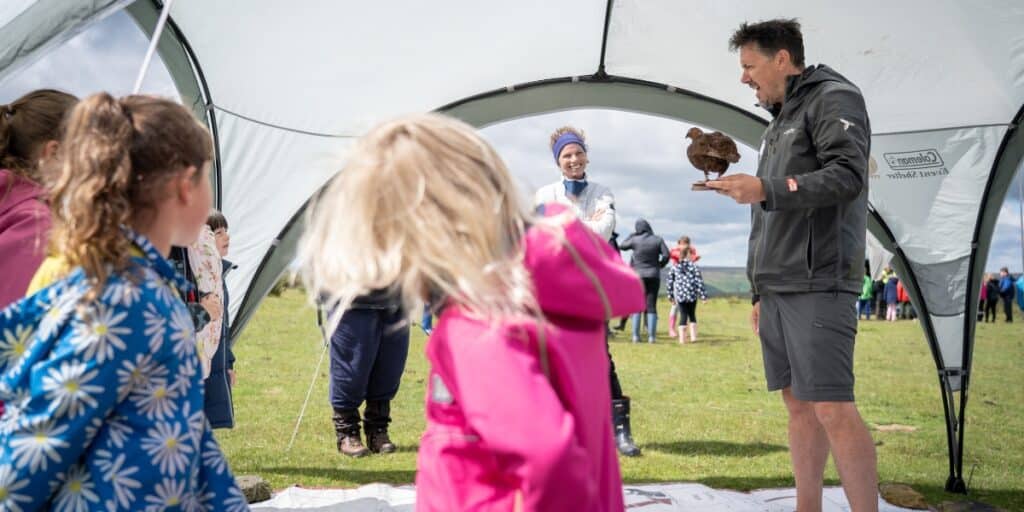
BASC to School is the chunk of iceberg sticking above the surface. It’s visible and obvious, and is the stuff that our members expect us to be doing and that we’re exceptionally good at. For example, our Young Shots programme is more 20 years old and is as strong as ever; hundreds of young people continue to have their first experience of shooting through our regional days directed at this purpose every year.
There is however a significant proportion of BASC’s educational work which sits beneath the surface. Because of the nature of this work it may go unseen, but it is nonetheless fundamental to the structural stability and longevity of our metaphorical iceberg.
For several months BASC has supported Skills Development Scotland in the creation of a new game and wildlife management apprenticeship which will replace the current modern apprenticeship in time. BASC has led the way, ensuring that the new apprenticeship honours the heritage of the highland ‘keeper, but is also holistic and adaptable to the changing role of the modern gamekeeper and wildlife manager.
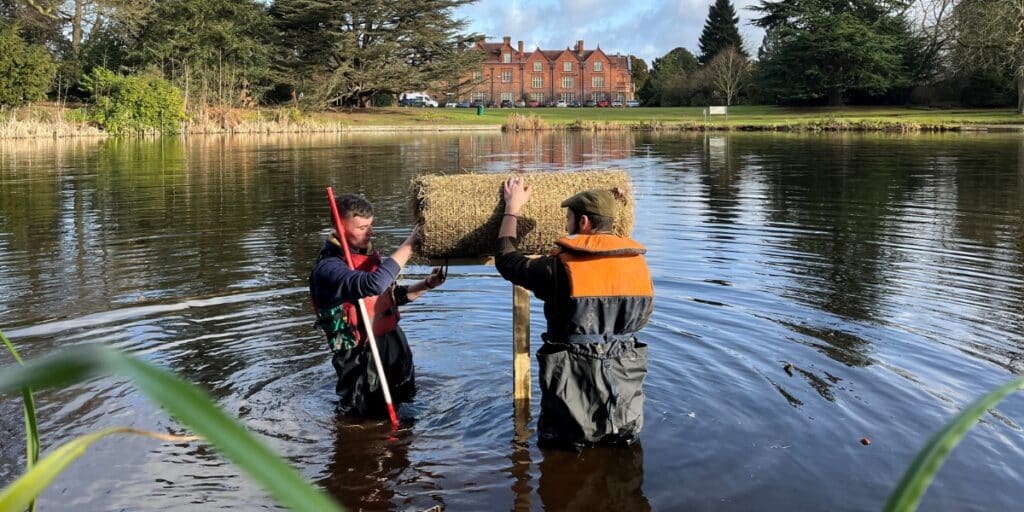
In early 2021, the government launched a consultation to review post-16 qualifications in England. This was followed by the announcement of what is now the Skills and Post-16 Education Act, which mapped out a new educational landscape. The Act produced a draft framework for a new generation of courses called T Levels.
Within the detail of these announcements it became clear that current versions of courses taught in colleges across the country would be defunded from 2025 onwards in a phased process. Due to a complex situation which I cannot articulate within the space of this piece, the key content of the current game & wildlife provision was not taken forward and transferred into a T Level as it should have been.
Instead, we were presented with a rather generic “habitat management” course which bare zero resemblance to the current offering, nor did it contain any link to practical wildlife management, not even mention of controlling invasive non-native species.
Through the lobbying BASC carried out, we were successful in highlighting both the lack of gamekeeping and wildlife management content in the proposal. We also were able to convey the critical role which land managers, such as gamekeepers, play in supporting conservation and the benefits of shooting to the rural economy.
The Institute for Apprenticeships and Technical Education (IfATE), which is overarchingly responsible for T Levels, was unable to ignore BASC’s calls and agreed to halt the development of the habitat management T Level. This was huge success for BASC, the wider shooting sector and those young people looking to their future careers.
Fast forward to the now. BASC is working with global skills organisation City & Guilds at the highest level to develop new qualifications to fill the void left by the abandoned T level. These courses will have a dedicated gamekeeping and wildlife management curriculum and provide young people with viable progression routes through the college education system.
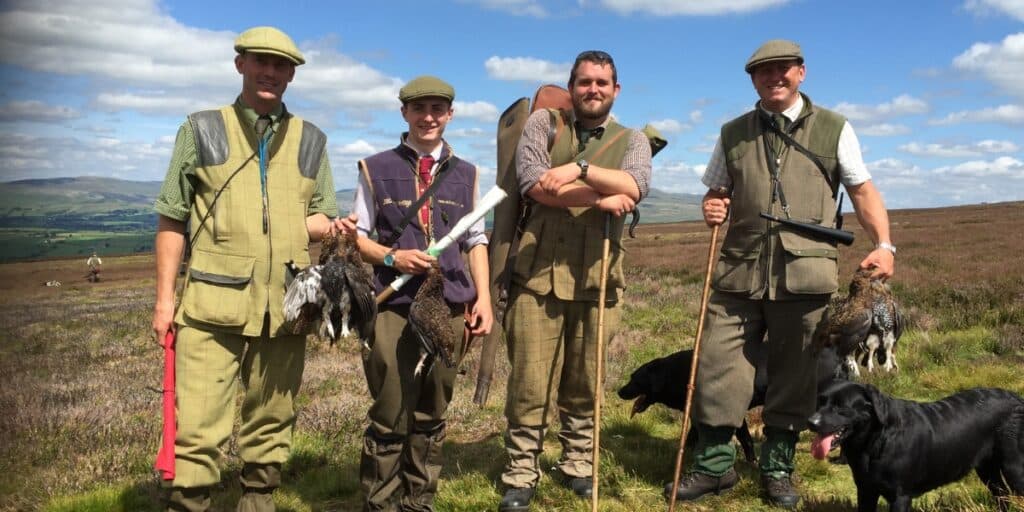
I can say with confidence that we’re in this strong position because of the work carried out exclusively by BASC. However, to demonstrate the genuine need in our sector, we need employers and industry members to get involved in the development and review of technical qualifications.
Working with City & Guilds, we are keen to engage with employers to help us move forward. With just a small amount of your time, we can ensure technical qualifications for our sector are robust and fit for purpose moving forward.
We’re calling on gamekeepers, shoot managers, shooting related businesses and those within the education sector to contact City & Guilds to register your support and interest. For an informal chat or for more information, contact Jackie Hough at Jackie.Hough@cityandguilds.com.

Share on facebook Share on twitter Share on email
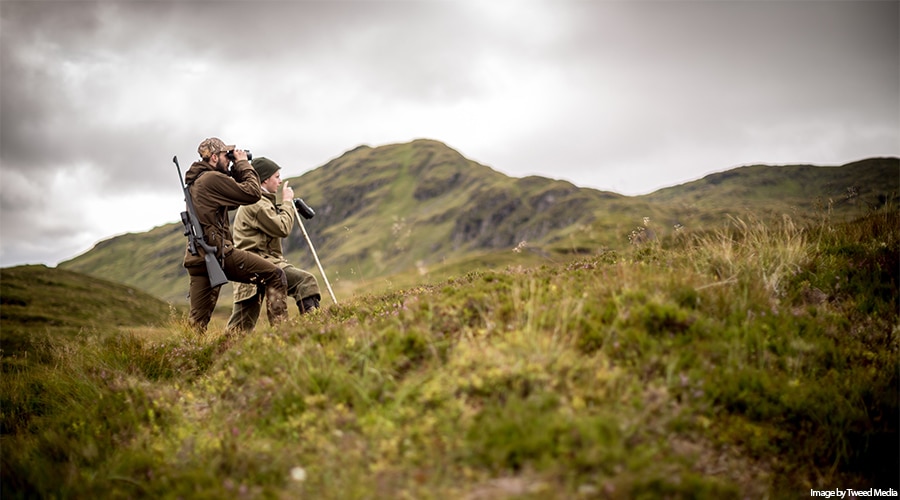
Help shape the future of young people in Scotland.
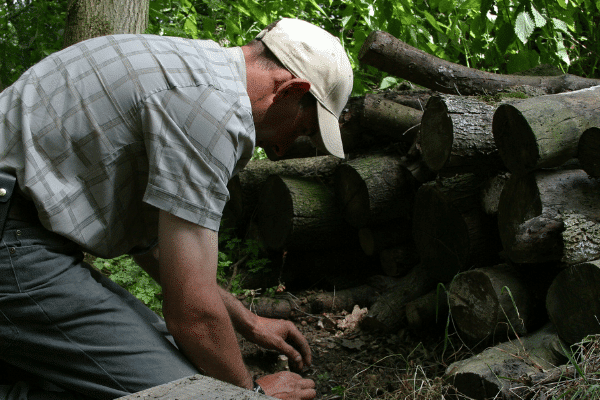
The review provides the opportunity to secure funding for game and wildlife course in the future.
Sign up to our weekly newsletter and get all the latest updates straight to your inbox.
© 2025 British Association for Shooting and Conservation. Registered Office: Marford Mill, Rossett, Wrexham, LL12 0HL – Registered Society No: 28488R. BASC is a trading name of the British Association for Shooting and Conservation Limited which is authorised and regulated by the Financial Conduct Authority (FCA) under firm reference number 311937.
BASC Direct Ltd is an Introducer Appointed Representative of Agria Pet Insurance Ltd who administer the insurance and is authorised and regulated by the Financial Conduct Authority, Financial Services Register Number 496160. Agria Pet Insurance is registered and incorporated in England and Wales with registered number 04258783. Registered office: First Floor, Blue Leanie, Walton Street, Aylesbury, Buckinghamshire, HP21 7QW. Agria insurance policies are underwritten by Agria Försäkring.
If you have any questions or complaints about your BASC membership insurance cover, please email us. More information about resolving complaints can be found on the FCA website or on the EU ODR platform.